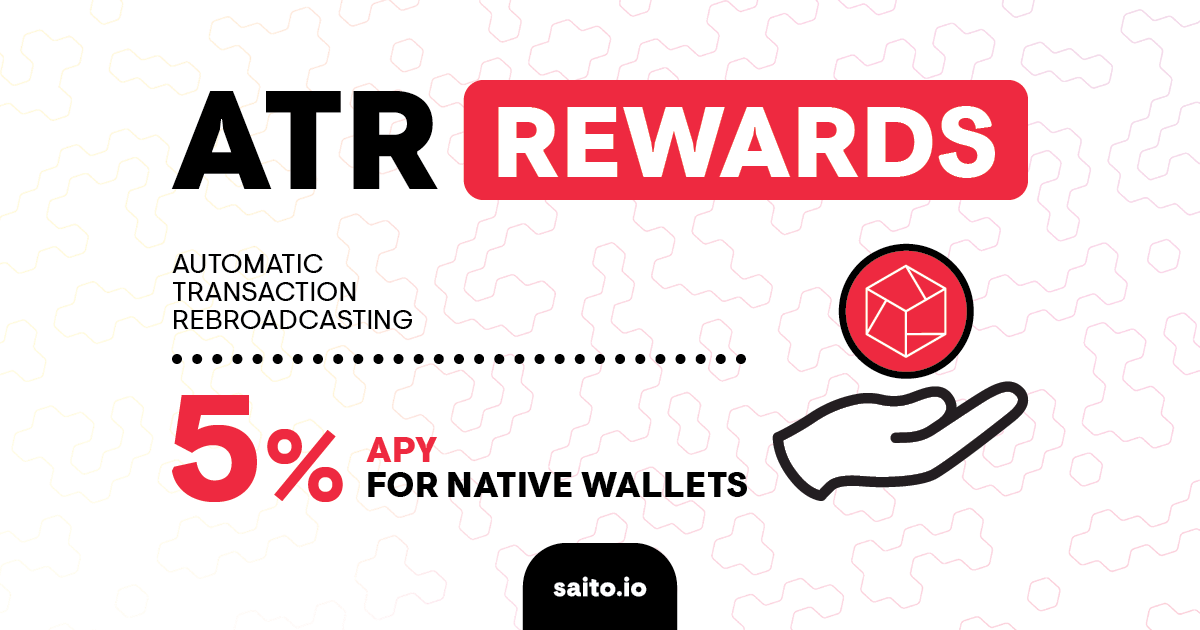SAGE: The Saito Blockchain Game Engine
Today we are delighted to release the first version of the Saito Game Engine (SaGE). Chess, WordBlocks and Twilight Struggle are available to start with, and are listed on our Saito Arcade. If you have thoughts on what we should add next then please join our development forum.
Our goal with SAGE is to make it easy to play boardgames online. This is why all games run directly in the browser and communicate using a peer-to-peer network. The SAGE game engine handles network operations, provides a state machine for implementing game logic, and handles things like shuffling cards and rolling dice in a provably fair manner. And because the game engine is built atop blockchain tech, it gives powerful new tools to game creators.
As gamers, we consider it a major problem that the designers who are building the best games today still struggle to sell physical boxes. Even games with significant followings can take years to see digital editions released, and publishers often struggle to make money from digital sales. Meanwhile, companies like Apple and Google force developers to list games at extremely low prices to compete for visibility in their distribution channels, and then restricting how publishers can collect money from users. So SAGE is changing things for the better.
Instead of forcing publishers to make money selling physical boxes, SAGE will give them new and better business models. Releasing different versions of games and selling upgraded pay-to-play variants will be easy once the community can help with development and there are basic open source modules for publishers to build on. We expect that the best games will still gravitate towards free-to-play models, but that publishers will be able to make money from supplementary features such as leaderboards, rankings, match-making services, and the like. And it will give other game designers the freedom to experiment with different choices. Some games may be better off integrating decentralized advertising networks, or collecting micro-payments on a game-by-game or even a turn-by-turn basis.
In the future, publishers will be able to setup their own gaming centres as easily as you might install a Bitcoin wallet. By circumventing “app stores” and their restrictions, SAGE will shift power away from the crop of zombified “apps” that pass for entertainment these days, and return power to the game publishers and gamers who make intelligent, creative and fun games.
With the SAGE project we are committed to developing and releasing software that will help with this transition. If you’re a user or developer interested in online gaming, please check out what we are doing and join our discussions about what to build next. And if you are a game publisher then please get in touch too — we are keen to make SAGE into a platform that will help you build communities around your games, lower your cost of tech development, and provide new ways to fund your creative endeavours that cannot be controlled or destroyed by the monopolistic tech titans in Silicon Valley.



